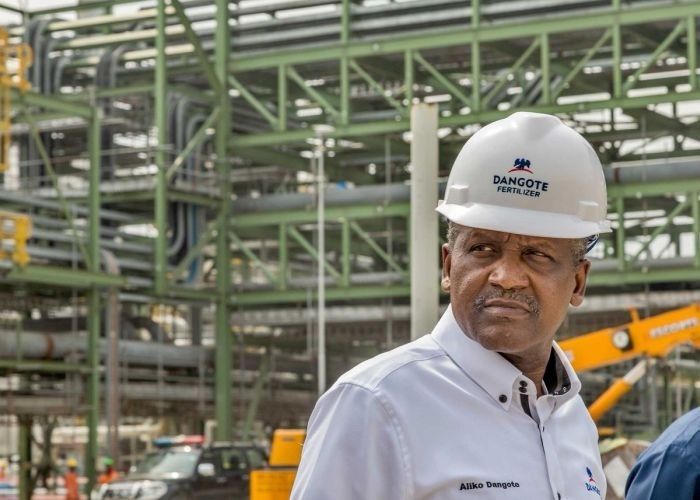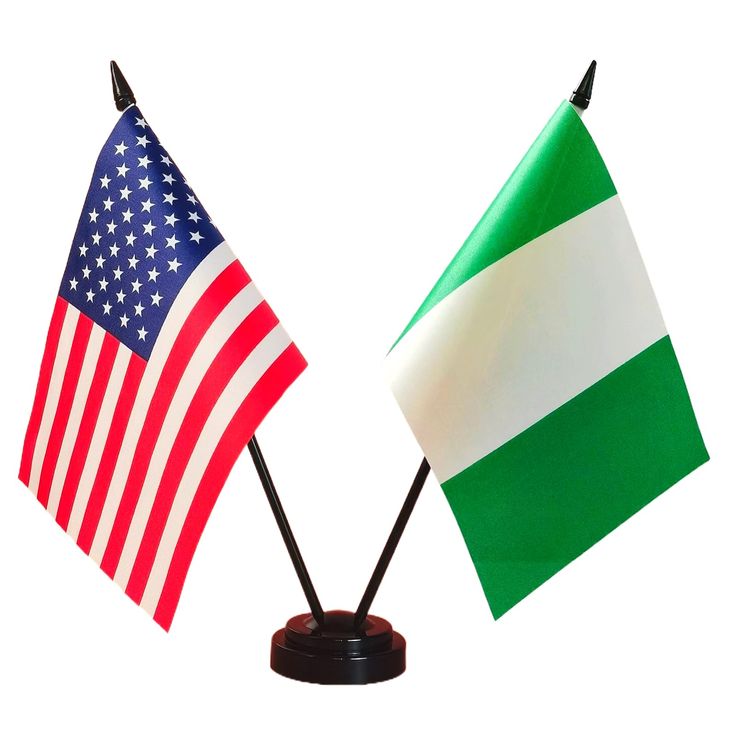Call us @+234 806 558 2598
Dangote Refinery an International Nightmare for Fuel Cartels 2025
Dangote Refinery Breaking the Chains of Africa’s Petroleum Dependency

For decades, Africa despite being richly endowed with crude oil has ironically been one of the world’s biggest importers of refined petroleum products. Countries across the continent, especially in West Africa, have long relied on imported fuel to meet domestic demands. This dependency created not only an economic imbalance but also opened the door to manipulation by international traders and fuel cartels, who sold petroleum products at exorbitant prices. But something big has changed.
With the advent of the Dangote Refinery in Nigeria, the largest single train refinery in the world, Africa might just be turning the page in its energy story. This mega project, led by billionaire industrialist Aliko Dangote, is not just a refinery; it is a symbol of resistance against decades of foreign control in the African energy space and a beacon of hope for economic transformation.
Let’s explore the brief history of fuel importation in Africa, the revolution Dangote is spearheading, the resistance from entrenched interests, and what the future could look like for a self-sufficient Africa.
Africa’s Long Dependence on Imported Petroleum
Although oil rich nations like Nigeria, Angola, Algeria, and Libya have been exporting crude oil for decades, very few of them had functioning refineries to process the crude into usable products like petrol, diesel, or kerosene. Instead, African countries exported raw crude to Europe, America, and Asia, only to import refined fuel at higher prices, a lose-lose economic cycle.
In Nigeria’s case, its four state-owned refineries were either under performing or completely inactive due to years of mismanagement, lack of maintenance, and political interference. As a result, over 90% of Nigeria’s petroleum needs were met through imports, costing the government billions of dollars in foreign exchange and fuel subsidies.
This gap gave rise to powerful international trading firms that took advantage of Africa’s weak refining infrastructure. One of the most glaring examples of this manipulation is the offshore Lome floating market. Located near Togo, the offshore Lome setup held over two million tonnes of petroleum products in storage tankers. These were sold to African countries at inflated prices, sustaining a profit-driven cartel that relied on Africa’s dependency and lack of local alternatives. The Lome floating market wasn’t just a commercial operation; it was a gatekeeper that suppressed any effort to establish domestic refining on the continent.
A Billion-Dollar Gamble for Africa’s Energy Independence
When Aliko Dangote first proposed building a massive refinery in Nigeria, many doubted the feasibility of such an ambitious project in a country known more for its bureaucratic bottlenecks than business ease. But after years of planning, construction, and billions of dollars in investment, the Dangote Refinery became operational in 2024, with a capacity to refine 650,000 barrels of crude oil per day. And then, everything changed.
According to Dangote, the moment the refinery started operations, international traders crashed the prices of fuel, a clear sign that his refinery was seen as a serious threat. The Lome floating market, which profited from inflated pricing and scarcity, faced its first real challenge in decades. The refinery didn’t just lower prices; it created competition. For the first time, an African refinery was able to produce, refine, and export fuel at a scale significant enough to challenge international dominance. Within 50 days of operation, Dangote Refinery had already exported over one million tonnes of petrol, creating ripples across the African energy market.
International Oil Companies and the Crude Supply War
In a recent conference in Abuja, Dangote opened up about the deliberate frustration from International Oil Companies (IOCs) who are making crude supply to his refinery extremely difficult. Ideally, the refinery should be buying crude directly from Nigerian oil producers. Instead, Dangote disclosed that they were forced to import 9 to 10 million barrels of crude oil every month from the United States and Europe, at a higher cost.
“Rather than buying crude oil directly from Nigerian producers at competitive terms, we found ourselves negotiating with international traders who bought Nigerian crude and resold it to us at hefty premiums,” he lamented. Even after acquiring the crude, transporting it to the refinery posed another set of challenges, riddled with excessive port and regulatory fees and unexpected lifting schedule shifts. Clearly, building a refinery is not just about concrete and steel, it’s about navigating and challenging powerful networks that have profited for decades from Africa’s vulnerability.
Substandard Fuels and Africa’s Environmental Risk
Another disturbing trend exposed by Dangote is the influx of toxic and substandard fuels dumped in Africa. Often blended with discounted Russian crude, these fuels wouldn’t even pass regulatory checks in Europe or North America, yet they’re sold across African cities. These under priced, low quality fuels undermine local refining efforts, disrupt market pricing, and pose long-term environmental and health hazards. The dumping culture persists because of Africa’s weak regulatory enforcement and lack of locally refined alternatives.
But now, with Dangote’s refinery producing cleaner, regulated fuel, there’s finally a chance to push back and reset the standards across the continent.
Nigeria’s Transition to a Net Exporter
Before the Dangote Refinery, Nigeria was the paradox of oil wealth and fuel poverty. Today, it stands on the cusp of a historic transformation.
In Dangote’s words, Nigeria has already become a net exporter of refined petroleum products, polypropylene, and urea. With LPG production now at 2,500 tonnes per day, the refinery is also promoting clean cooking fuels for households, replacing dangerous and environmentally unfriendly alternatives like firewood and charcoal. The company also plans to list the refinery on the Nigerian Stock Exchange, opening the door for ordinary Nigerians to become shareholders in what is undoubtedly the most transformative industrial investment on the continent.
Regional Impact: The Push for a West African Pricing Market
Inspired by this energy revolution, the Nigerian government has now announced plans to create a West African petroleum pricing and trading market. The goal is to stop relying on global benchmarks that don’t reflect African market realities. The Nigerian Midstream and Downstream Petroleum Regulatory Authority (NMDPRA) and S&P Global Commodity Insights recently hosted a conference focused on:
- Regional pricing mechanisms
- Transparent trading data
- Infrastructure development
- Expanded local refining capacity
At the event, Minister of State for Petroleum Resources (Oil), Heineken Lokpobiri, affirmed Nigeria’s ambition to become a hub for energy trading in West Africa. In support, NNPC’s Group Chief Executive, Bayo Ojulari, stressed that Africa’s refining dream must go beyond talk. It requires bold investment, regional policy alignment, and elimination of structural barriers such as:
- Inconsistent policies
- Lack of skilled workforce
- Fragmented regulations
- Chronic under investment in refining infrastructure
Hope for Africa’s Energy Independence
There is no doubt that the journey ahead is riddled with challenges—economic, political, and logistical. But with a functioning mega-refinery, bold policy moves, and continental collaboration, Africa can finally shed the yoke of fuel dependency. Aliko Dangote’s refinery has disrupted a deeply entrenched global system, challenged profiteers, and reopened the conversation around self-sufficiency and industrial sovereignty.
The future now depends on whether Africa’s leaders, private sector, and people can come together to protect, scale, and replicate this success. The dream is simple but powerful: refine what we consume, trade what we produce, and grow Africa for Africans.


